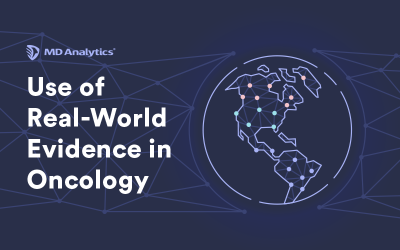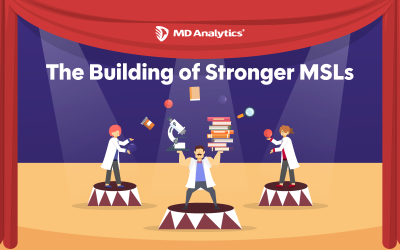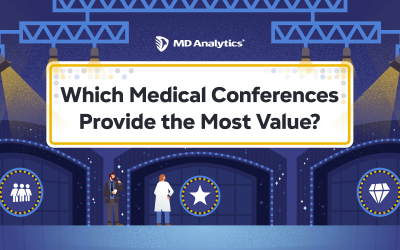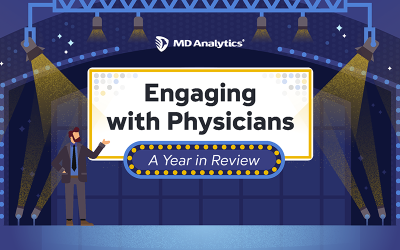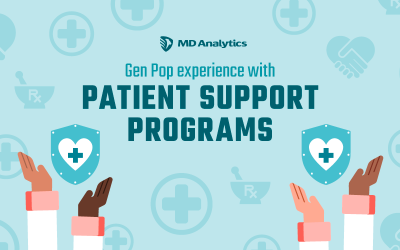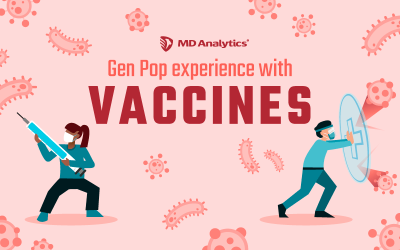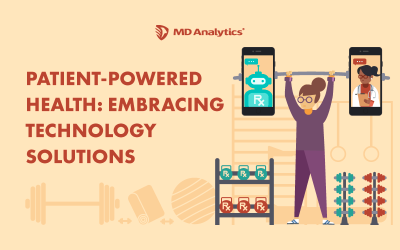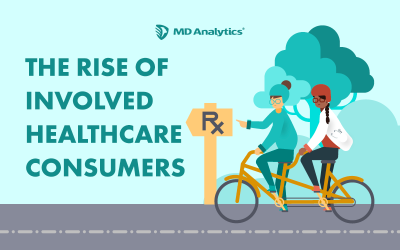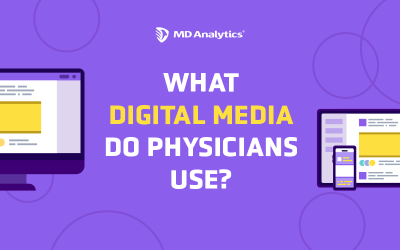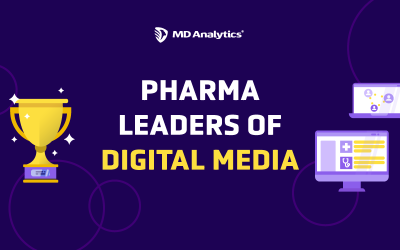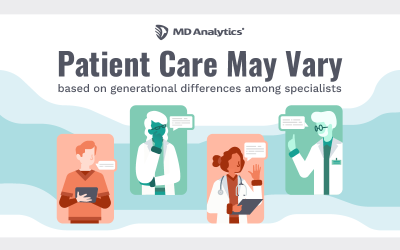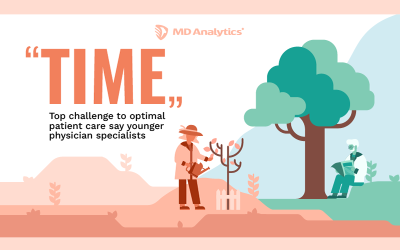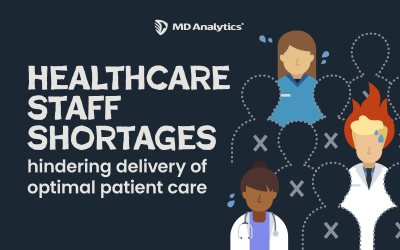Real-world evidence (RWE) is no longer a secondary data source, it’s becoming a core input in oncology treatment decisions. In a new survey of Canadian and U.S. oncologists, MD Analytics explores how RWE is being used in clinical practice, the scenarios where it’s most valuable, and what challenges still exist in applying it effectively.
Our latest infographic reveals where oncologists see the greatest benefit from RWE, how it supports complex decision-making, and what pharmaceutical companies can do to improve access, data quality, and clinical relevance.
